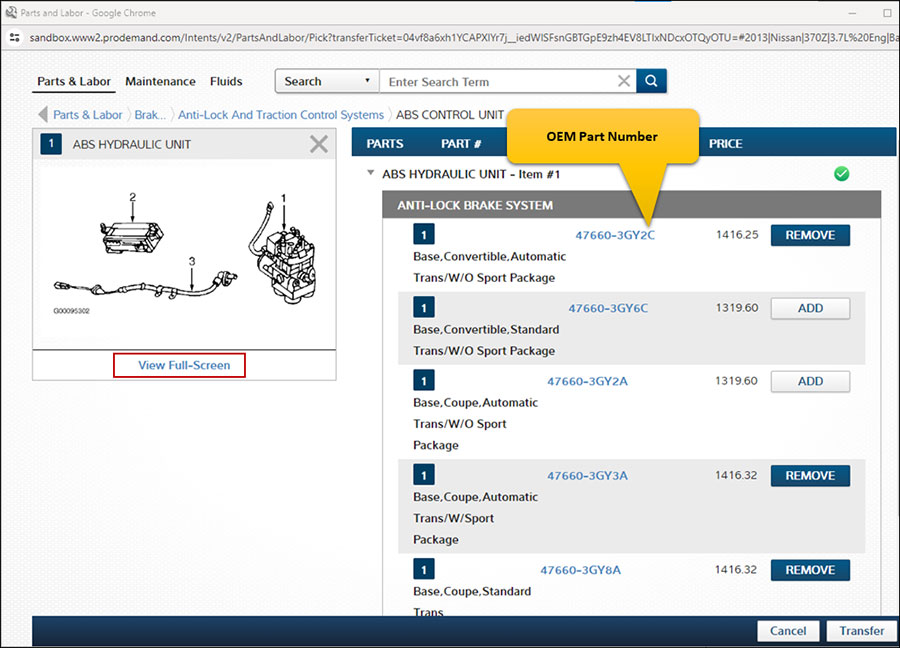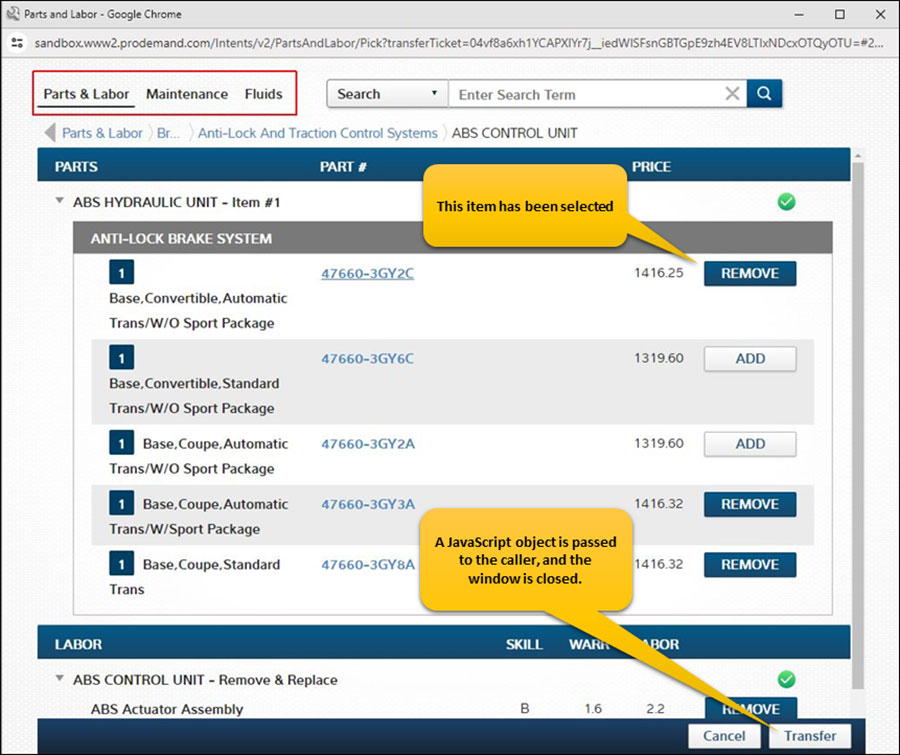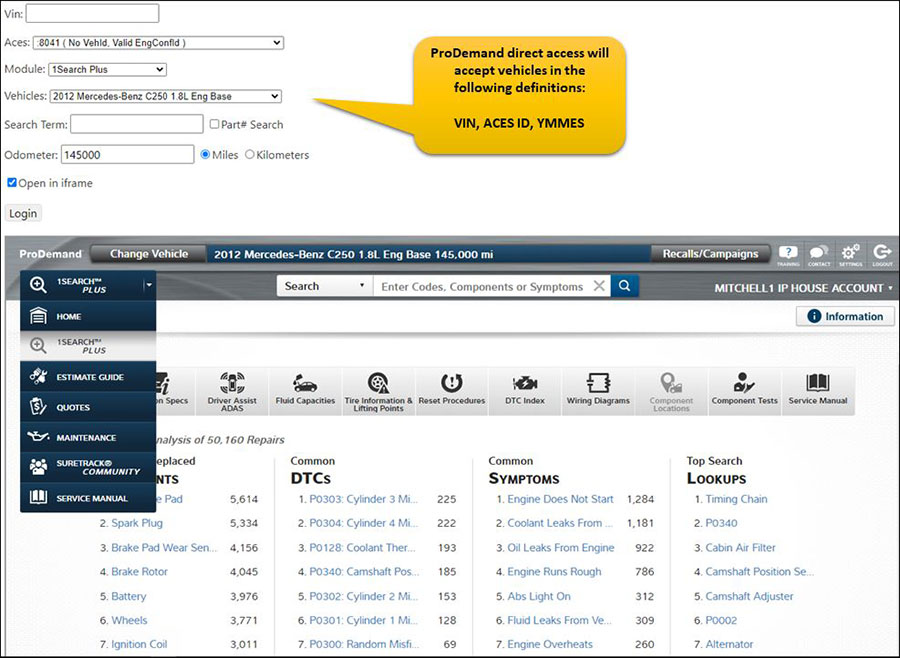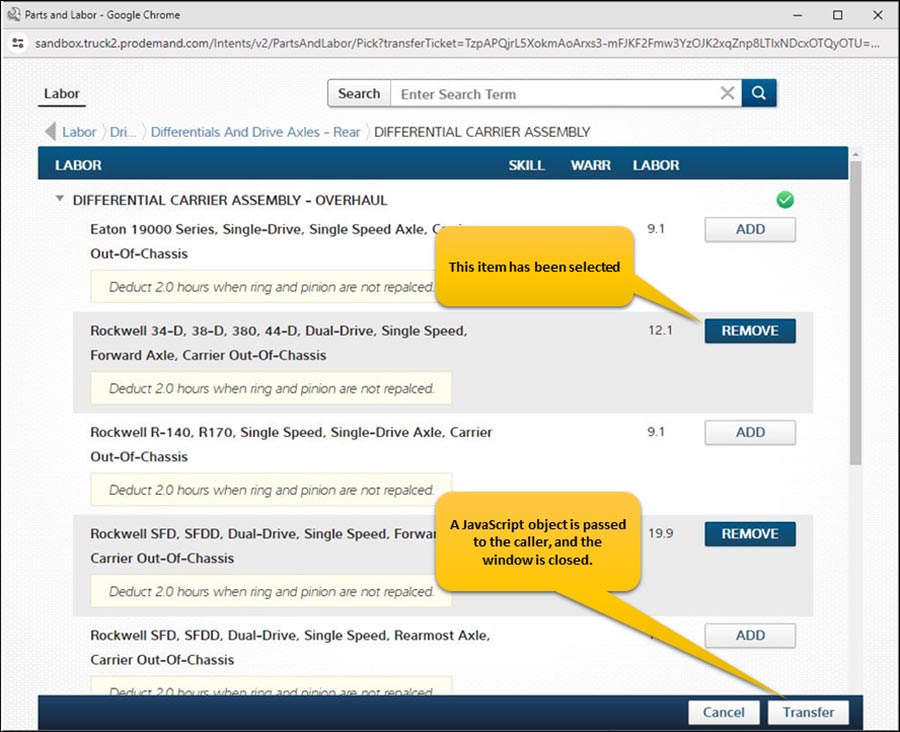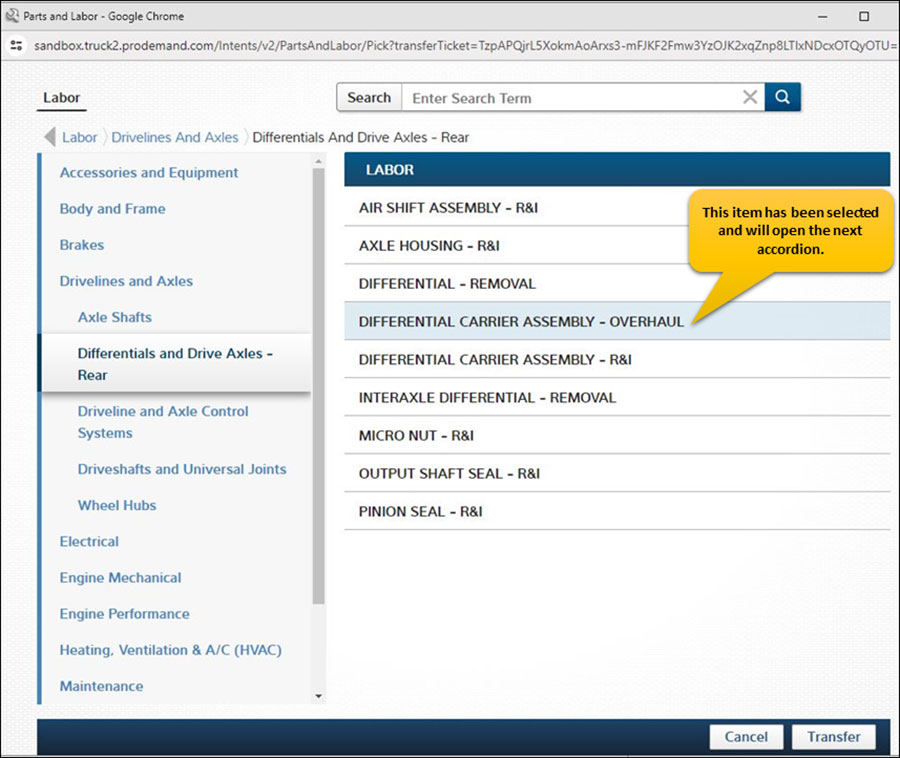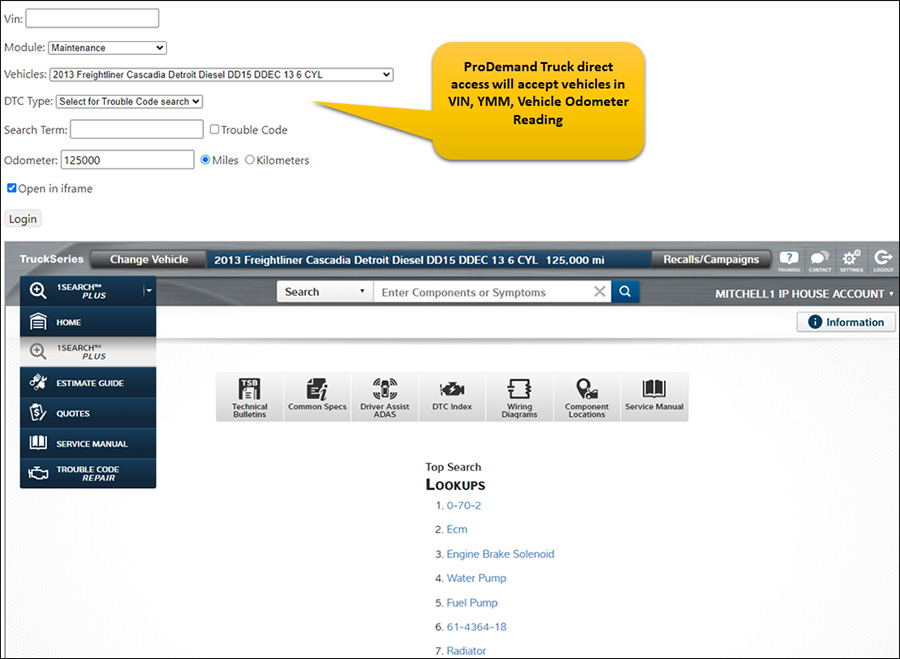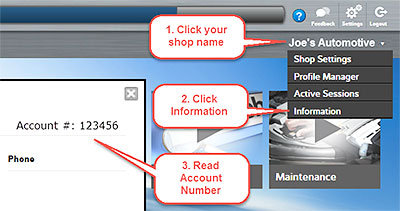
Of all the tasks it takes to keep your business running, timekeeping and payroll processing are probably the least exciting and most routine. But that doesn’t mean that getting it right is always easy. Or that getting it wrong is no big deal.
Noncompliance with employment, labor and payroll tax laws can put your business under a microscope, and even lead to fines and penalties. 33% of employers make payroll errors, and roughly 40% of small businesses pay an average of $845 a year in IRS penalties because of mismanaged payroll processes.
To keep your business from becoming a statistic and your costs in check, it’s worth auditing your payroll processes to ensure you don’t fall victim to these common pitfalls:
1. Poor Record Keeping and Inaccurate Data
Like anything else in business, employing and paying workers generates a lot of paperwork. And preserving those records is important. Different federal, state and municipal agencies have rules defining what type of information employers should keep. For example, the Fair Labor Standards Act (FLSA) requires that individual employee’s records include no fewer than 14 different points of identifying information about the worker, the hours they work, and the wages they earn.
In addition to guidelines about what type of information employers should gather and store, laws also define how long that data should be kept. For example, the law requires that you hold on to the following documents for at least four years:
- Timesheets
- Canceled checks
- Tax forms
- Proof of past payments
It’s also important that employee information be 100 percent accurate. After your employees fill out their W-2s, make sure to double-check the following information:
- Employee’s full name
- Current address
- Social Security Number
- Start date
- Termination date (if applicable)
- Date of birth
- Payroll details, including hourly rate, overtime, etc.
For a more comprehensive list of labor and payroll tax recordkeeping requirements, visit the IRS’ or DOL’s websites.
2. Falling Behind on Payroll Tax and Filing Deadlines
Generally, the federal government collects payroll taxes on a pay-as-you-go basis. Almost half of all small businesses get fined every year for late or missed payments.
There are several recurring payroll tax deadlines you need to remember. A biweekly or monthly deadline is set by the IRS to deposit both withholding taxes and your share of taxes — including federal income tax, Social Security and Medicare taxes, and Federal Unemployment Tax. If you fail to make a timely deposit, you are subject to a penalty of up to 15 percent, depending on how late the deposit is. There are also quarterly and annual returns that you must file with your W-2s. For a complete list, check out the IRS’ website. Also, keep in mind you will likely be responsible for remitting payroll taxes on a state or even local level, which may require different information and/or be due at different times.
3. Withholding Errors
There are a lot of potential slip-ups in the withholding process. Misclassifying employees is one common mistake (we’ll get into that more later). Other potential pitfalls include:
- Failure to withhold federal and state taxes
- Inaccurate calculation of pre-tax and post-tax deductions
- Making incorrect deductions from exempt employee’s salaries
- Excluding taxable fringe benefits like gift cards, awards, and bonuses
- Excluding specific expense reimbursements from the employee’s taxable wages
- Issuing incorrect W-2 forms
4. Exempt or Non-Exempt?
A non-exempt employee (generally an hourly worker) is entitled to overtime pay while an exempt employee is not. When your non-exempt employees work more than 40 hours in a workweek, you owe them time and a half pay for those hours.
An employee must meet three criteria to be exempt from receiving overtime pay:
- Earns more than $684 per week, or $35,568 annually
- Is paid a predetermined or fixed salary, that can’t be reduced due to the quality or quantity of their work
- Primarily performs professional, executive or administrative duties as defined by the law
Employees who don’t meet these criteria are considered non-exempt and owed overtime pay under federal law, no matter the circumstance. For example, if an employee works overtime without advance approval, they’re still entitled to overtime pay. Asking non-exempt employees to work off of the clock, or compensating them with time off in lieu of overtime pay would also result in noncompliance with the law.
Keep in mind we’re only covering federal laws. States and even some municipalities have their own overtime regulations that business owners must also follow.
5. Contractor or Part-Time Employee?
Confusing an employee with a contractor can also cost you. Businesses are generally not required to withhold or pay taxes on payments to independent contractors who are subject to self-employment tax. If workers are your employees, you owe payroll taxes on their wages and taxable benefits. Accidentally misclassifying an employee as a contractor would lead to failure to withhold and remit payroll taxes. Which as we mentioned before, comes with its own set of fines and penalties.
If you are unsure about a worker’s status, you can request an IRS determination by filling out Form SS-8. If you’ve already made the mistake of misclassifying employees, the IRS offers relief through the Voluntary Classification Settlement Program. You can also contact your attorney or legal counsel for advice on how to proceed if you believe you’re noncompliant.
As a small business owner, you’ve got a lot on your plate. The right payroll software will eliminate the confusion and stress that often accompanies paying employees, filing forms and meeting all your tax requirements. Working with a provider that offers SHRM-certified HR professionals to give you a hand whenever you need it is helpful too. Heartland offers these services and more.
Ready to process payroll and tackle compliance with confidence?
For more information and to request a FREE demo, click the link below.
